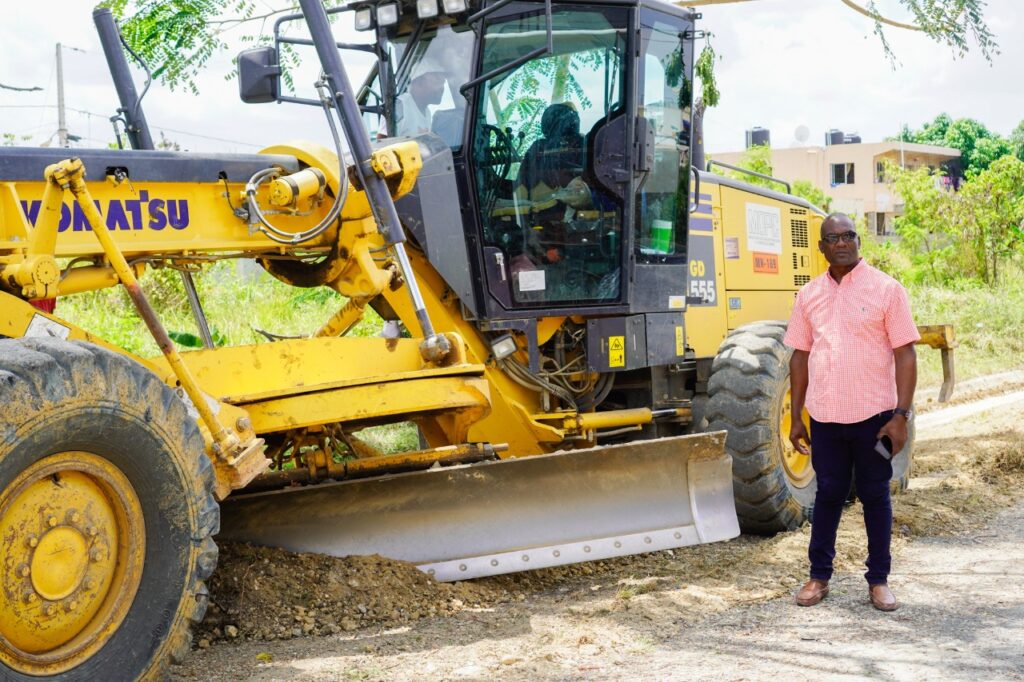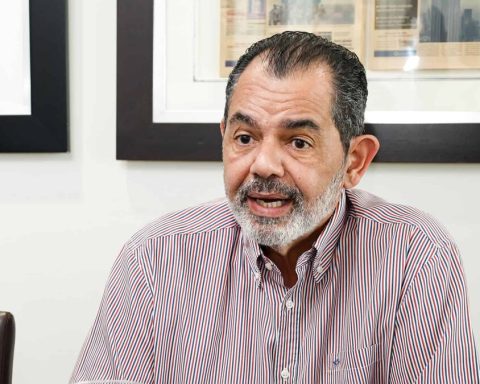A few days ago, a report from the National Superintendence of Tax Administration (Sunat) was a trend and alerted the influencers. The reason? The entity determined that those natural persons domiciled in Peru who carry out advertising activities must pay third category income, that is, business income (with a rate of 29.5%).
Thus, the income received by influencers, in money or in kind, for the advertising or promotion they do, for the advertising in their videos or digital content, for the payment of followers to obtain content and for monetizing the content, qualify to pay taxes. channel or digital platform in which they interact.
Francisco Pantigoso, professor at the University of the Pacificindicated that there were positions that these people generated first-class income “because they rented a space” and fourth “because they generate independent work”.
“Sunat has classified them as third category, like a company, and to be a company you have to add capital plus work. Their capital is their network account, their pages, their cell phones, software, microphones, etc., and the work is what they do”he detailed.
LOOK: Do you know what Fabry disease is and how to detect it?
He also explained that they will not necessarily have to pay 29.5%because everything will depend on the income they generate. “They will be able to pay taxes under the special regime, the Tax MYPE, or the general one. It all depends on your income.assured and highlighted that the so-called exchanges must also be taxed, which must be valued. “Some influencer may think that ‘since I don’t have money in hand, I won’t pay’; but no, that (exchange) is income in kind and is valued to pay the tax on that basis”he highlighted.
More details
Raúl Odría, professor at ESAN Business Lawindicated that they are 70,000 identified influencerssome of which issue receipts for fees and today would have to keep accounting books. “This creates a problem for them because if they were taxed with fourth category income, they would issue electronic receipts for fees, and now they no longer“, held.
For the expert, one of the advantages is that now the expenses they generate can be deducted, for example, by paying personnel, equipment they acquire, among others.
However, he pointed out that in other countries, when this measure was applied, “people moved their tax residence to other areas”.
On the other hand, the tributary Jorge Picón noted that the collection of the tax could be made even from the income generated a few years ago.
Another point to take into account is that these people are now subject to VAT. “Now they have to do the accounting”added Picón, in line with what Odría said.
Data
- The influencers will have to present affidavits of tax.
- Sunat expects to collect S/150,000 million this year, that is, almost S/10,000 million more than what was collected last year.
- The head of the collection agency, Luis Vera, recently stated that they have begun to detect unusual transactions and sales via social networks.


















